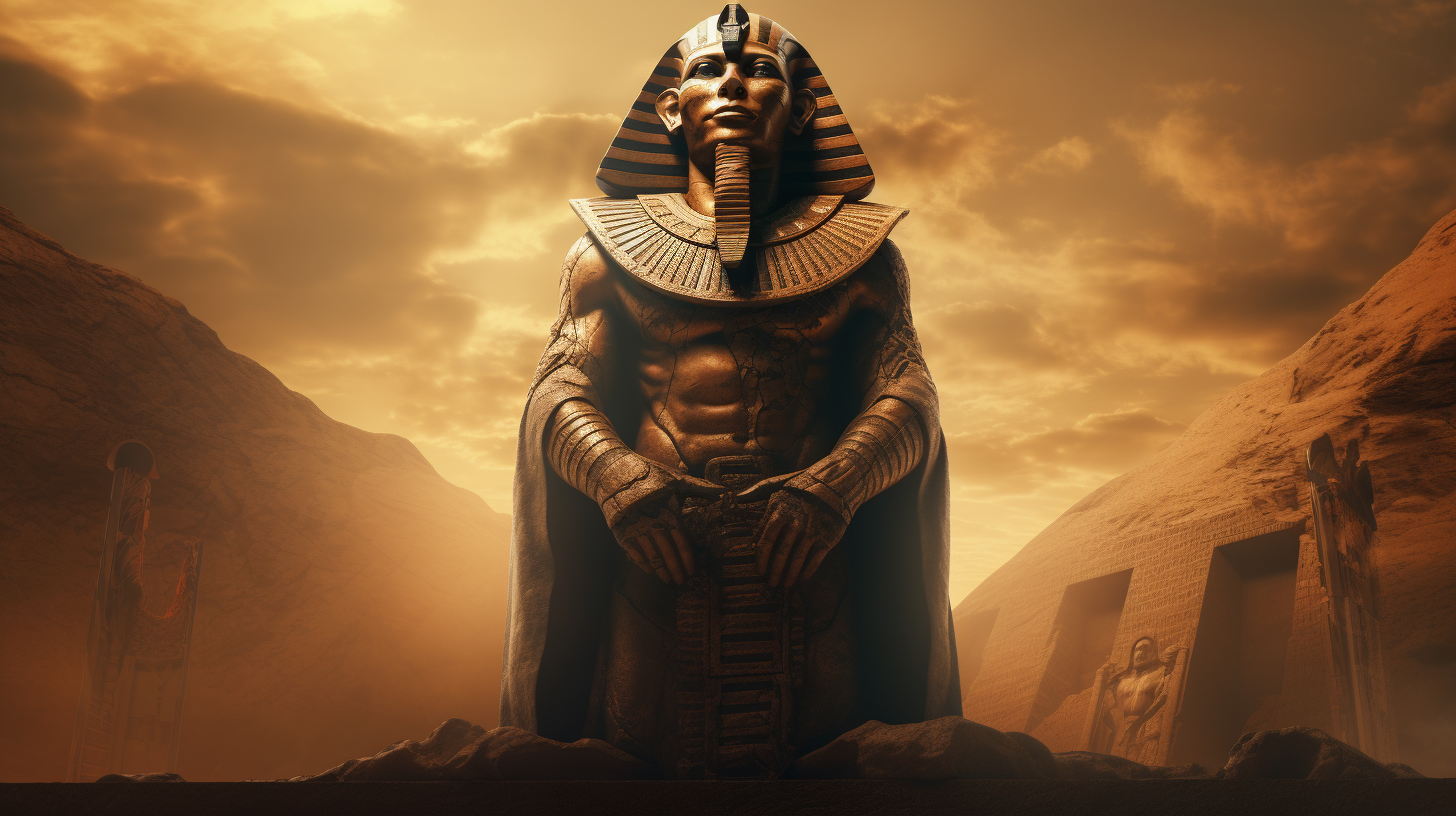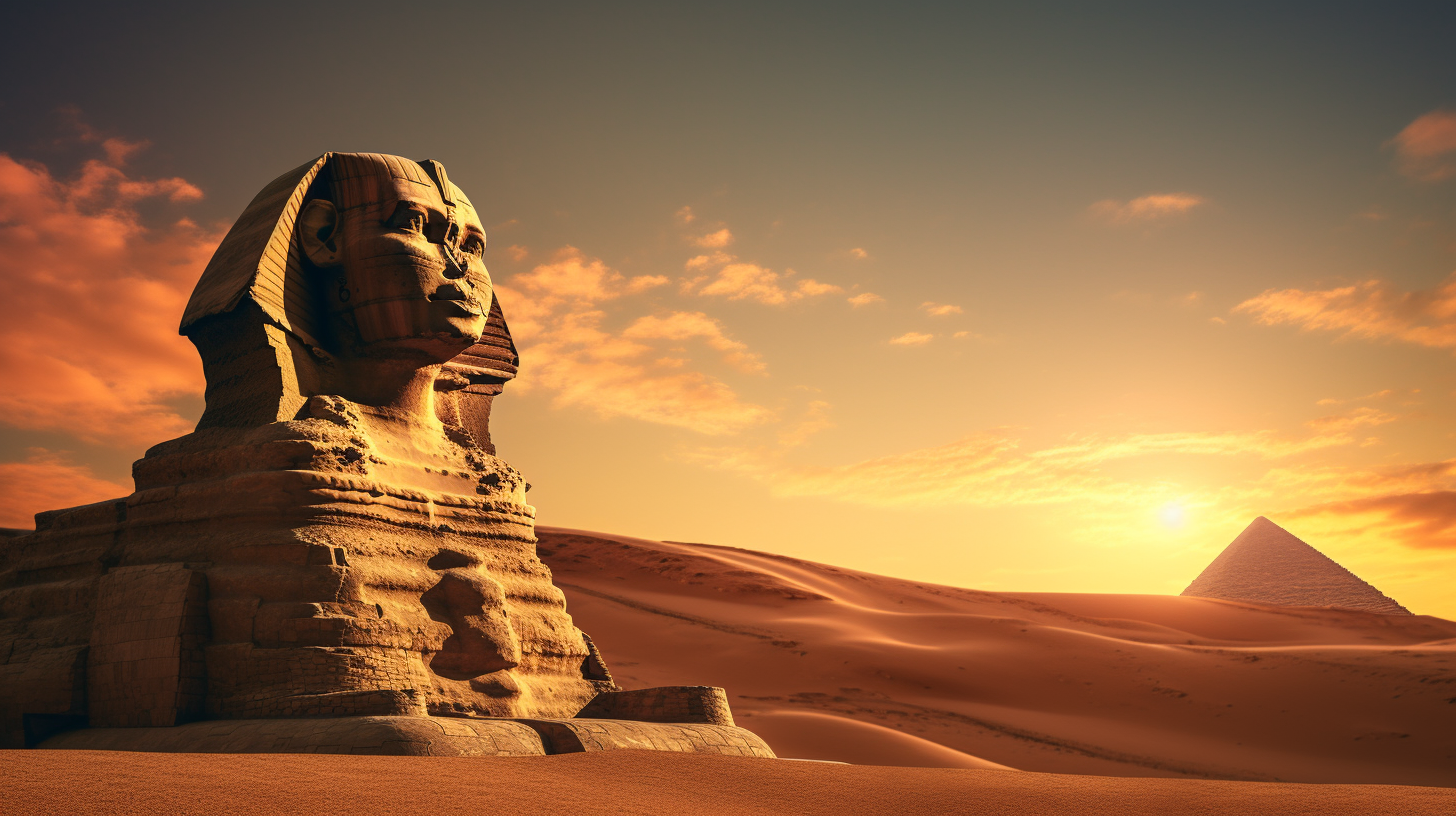Over the course of history, remarkable individuals have captivated audiences worldwide with their extraordinary talents. Edgar Cayce, a renowned American psychic and healer, stands out among these luminaries. His ability to diagnose remotely and access the Akashic Record, also known as the “book of life,” gained him immense recognition in the early 20th century.
However, Cayce’s influence was not just limited to his healing abilities. He also shared profound insights about the Sphinx and its supposed link to the vanished civilization of Atlantis, a topic that continues to pique our curiosity to this day.
In a deep trance, Cayce made a striking revelation regarding the Sphinx, claiming that he had been a prominent priest in ancient Egypt in a past life, actively involved in constructing this enigmatic monument.
Furthermore, Cayce’s readings proposed that both the Sphinx and the pyramids were built around 10,490 BC, a staggering assertion that presents a compelling argument for its legitimacy.

Cayce’s intrigue with the Sphinx went beyond admiration as he strongly believed that this massive statue held the key to unlocking Atlantis’s mysteries—a civilization often dismissed as mere myth. According to Cayce’s interpretations, Atlantis, as described by Plato, coexisted with a glorious era in ancient Egypt, sparking discussions about whether the Sphinx symbolizes a remnant of this advanced society.
One of Cayce’s most fascinating predictions centered on a concealed chamber reportedly beneath the Sphinx, speculated to contain the fabled Hall of Records from Atlantis. Within this hidden chamber, Cayce suggested, lay ancient knowledge, technology, and archives waiting to be rediscovered. His vision hinted at a lost period in human history—a time when advanced information storage systems akin to the “Atlantean internet” existed.
In 1978, nearly fifty years after Cayce’s revelations, the Edgar Cayce Foundation initiated the Sphinx Exploration Project in an attempt to unveil the hidden chambers believed to lead to the Hall of Records. By drilling eight holes beneath the monument, they detected anomalies suggesting possible chambers, rather than just crevices. Unfortunately, their efforts were abruptly halted by the Egyptian military, leaving the mystery of what lies beneath the Sphinx unresolved.
The concept of a concealed chamber housing ancient archives remains a captivating puzzle, prompting deep reflections on humanity’s ancient past and the potential existence of advanced civilizations predating our traditional historical understanding. While the enigmas of the Sphinx and Atlantis endure, their lasting allure continues to drive exploration and speculation.
Video:
Essentially, the story surrounding the Sphinx and its connections to Atlantis serves as a poignant reminder that much of our past remains veiled in mystery. Our unyielding pursuit of knowledge and fascination with the unknown propel us to dig deeper, explore further, and ultimately unearth the extraordinary truths that might one day reshape our comprehension of ancient civilizations.
